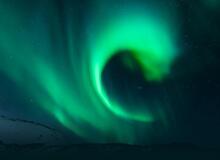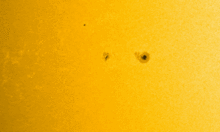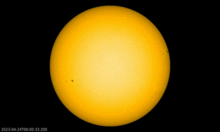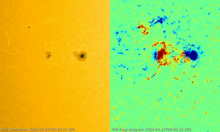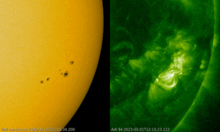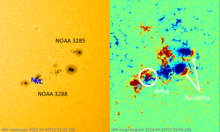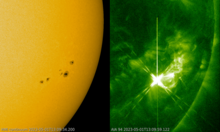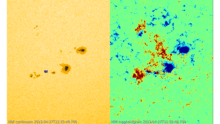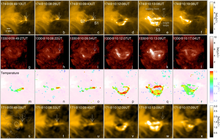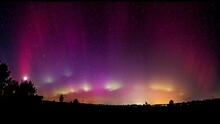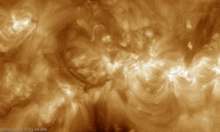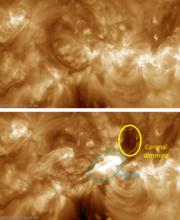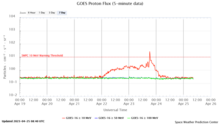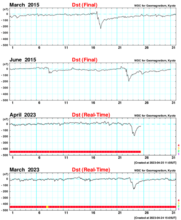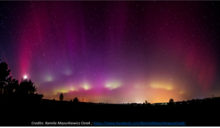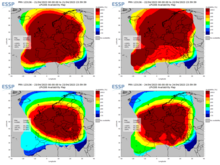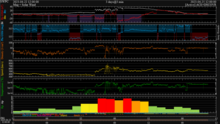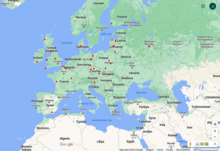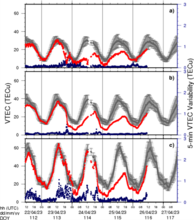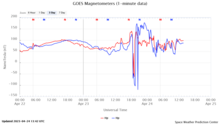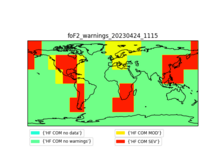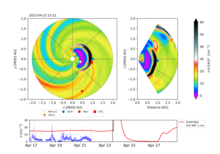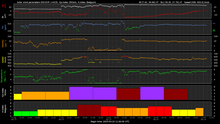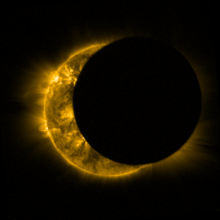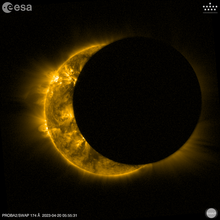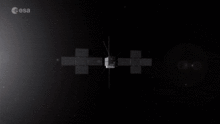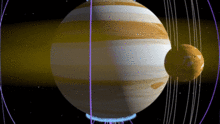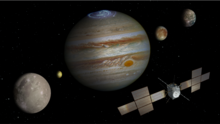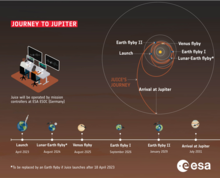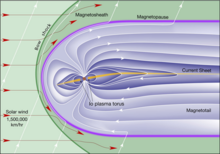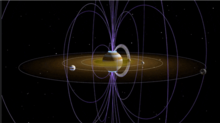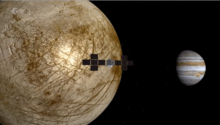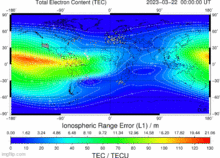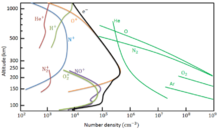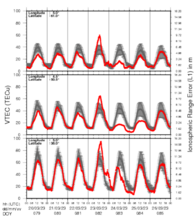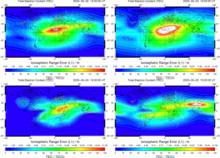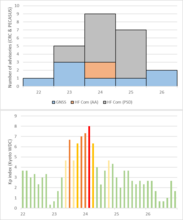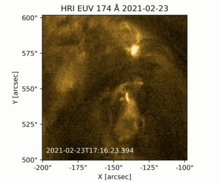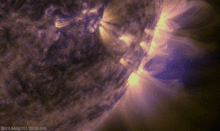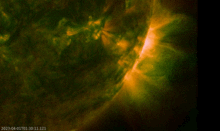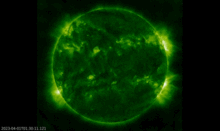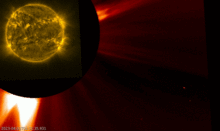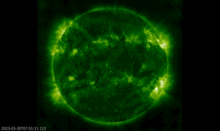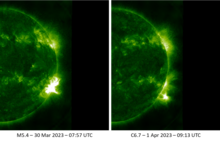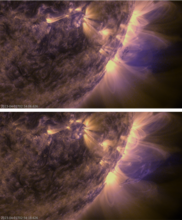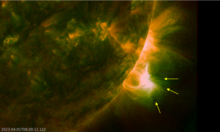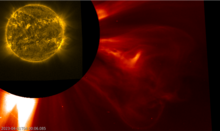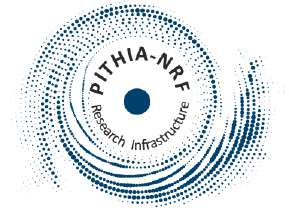news
Submitted on 2023-05-10
The Journal of Space Weather and Space Climate (JSWSC) currently has 3 Topical Issues (TIs) open for submission.
Submitted on 2023-05-02
Active region NOAA 3288 developed a delta magnetic configuration that resulted in increased flaring activity, culminating in a M7.1 flare on 1 May.
Submitted on 2023-04-26
A severe geomagnetic storm was recorded on 23 and 24 April. Aurora were photographed from Texas and southern Spain.
Submitted on 2023-04-24
Fast news - fast news
On April 23, 17:00 Universal Time, a magnetic cloud coming from the sun reached the earth. The STCE alert system started ringing the entire night and longer.
For our PECASUS services for civil aviation, scientists and operators in Belgium and Finland were continuously in contact to give a correct interpretation of the data which was coming in.
An estimate of arrival
Submitted on 2023-04-21
In the early hours of April 20 a solar eclipse took place. Regions on Earth that saw, at least, a partial eclipse include parts of South/East Asia, Australia, and Antarctica. This meant that only a very small fraction of the world's population was able to witness this event. Even if it was a difficult eclipse to observe from the ground, PROBA2 had a front-row seat!
Submitted on 2023-04-19
On 14 April, ESA's Jupiter Icy Moons Explorer (JUICE) was launched on an 8 years journey to Jupiter to study the giant gas planet and its three large ocean-bearing moons.
Submitted on 2023-04-12
Following the severe geomagnetic storm of 23-24 March 2023, the positive annd negative phases of the associated ionospheric storm as well as the related space weather effects were clearly observed.
Submitted on 2023-04-06
The Extreme Ultraviolet Imager aboard Solar Orbiter was able to observe magnetic loops that shake back and forth very quickly. Scientists suspect that it is these movements that heat the environment around the sun to millions of degrees Celsius.
Submitted on 2023-04-04
A number of eruptions occurred on 29-30 March and 1 April near the southwest solar limb.
Pages
Zircon - This is a contributing Drupal Theme
Design by
WeebPal.

